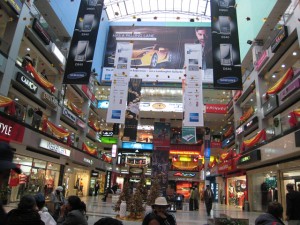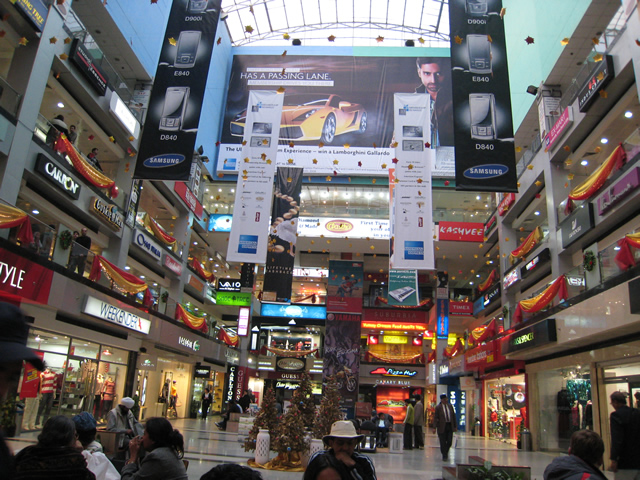 Track2Realty: Retail leasing activity continued to be subdued in Q2 2013, as most retailers remained cautious due to the weak economic conditions that are currently prevailing in India. Several retailers started to employ new service delivery models by closing down loss making stores, especially in non-core markets.
Track2Realty: Retail leasing activity continued to be subdued in Q2 2013, as most retailers remained cautious due to the weak economic conditions that are currently prevailing in India. Several retailers started to employ new service delivery models by closing down loss making stores, especially in non-core markets.
On the other hand a few international retailers such as Zara, Marks & Spencer’s and VeroModa continued with their expansion plans and opened new outlets reflecting greater confidence in the long term growth opportunities available in India.
Mumbai and Chennai were the only cities to witness new supply in Q2 2013, increasing national stock by 2% to 62.9 million sq ft of Grade A retail space. Seven malls, totalling 2.58 million sq ft, were scheduled to be completed in Q2 2013.
However, developers have sought to delay these projects by three to six months in the hope that retail space demand improves from current levels.
Total vacancy across the seven cities considered increased from 11% in Q1 2013 to 12.7% in Q2. Mumbai experienced the largest increase in vacancy of 4%, while vacancy in Pune increased by 2%. Increases in vacancy in these two cities offset modest tightening in the remainder.
In addition, in a clear show of location preference by tenants, established malls and high streets continue to experience near capacity occupancy levels.
Rents in Delhi and Bengaluru showed a marginal increase in light of limited new supply and consistent tenant demand for prime locations. For the other five cities, higher vacancy levels and landlords actively trying to attract new tenants resulted in rents remaining flat over the quarter.
The government of India’s recent measures on FDI policy, which relaxed the FDI limit from 49% to 100% for single brand international retailers, should give impetus to growth in the retail sector.
This move may also encourage developers to complete their existing retail projects sooner as they respond to increased demand for retail space from international retailers seeking to capitalise on the amended FDI policy.





